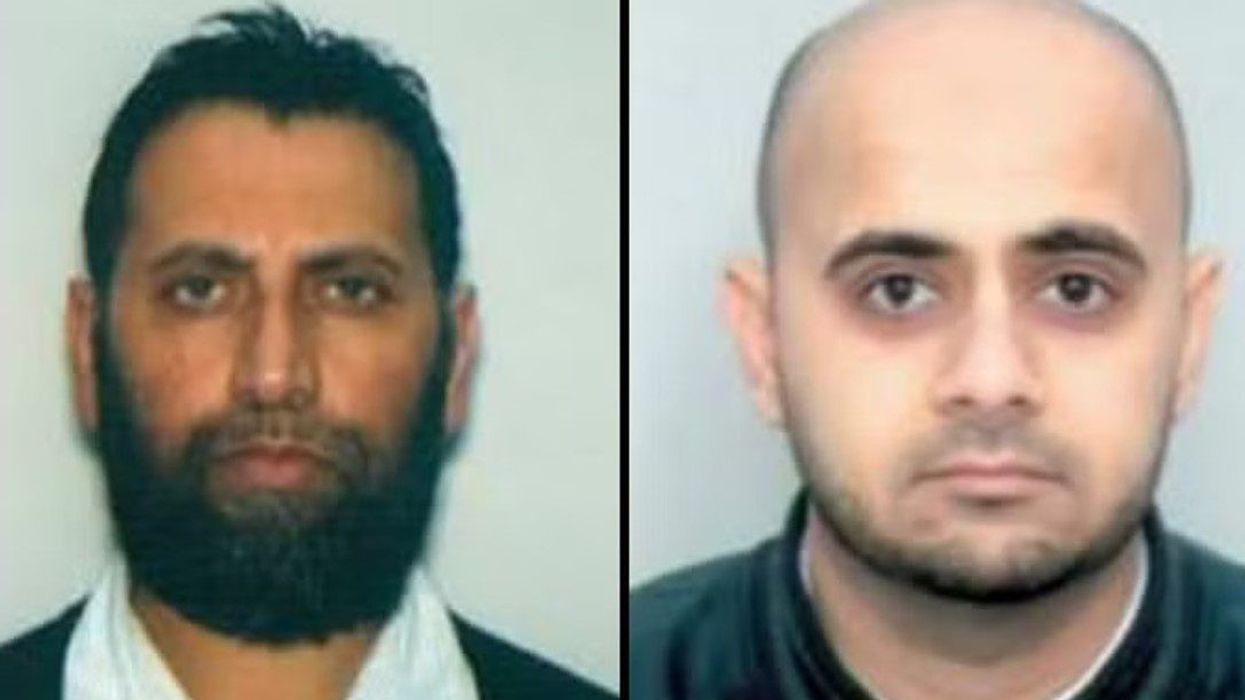Hifzurrehman and Ehsan-Ul-Haque Patel, directors of a Leicester textile company, have been jailed for setting up fake sub-contractors to evade £1.3 million in tax.
Their company, Midlands Trading Ltd, produced clothes for brands like Boohoo, Primark, and New Look.
They used fake invoices from non-existent companies to avoid paying VAT (value-added tax), reported the Leicester Mercury.
A government spokesperson described their actions as "a relentless and sustained attack on the tax system" and noted that their gains were spent on cars and property instead of public services.
Midlands Trading Ltd was established in 2014. HM Revenue & Customs (HMRC) first became suspicious in 2015 during an unannounced inspection at their factory on Benson Street, Spinney Hills, Leicester. The business provided fake invoices, and factory workers' clocking-in cards disappeared during the visit.
Hifzurrehman Patel, 40, and Ehsan-Ul-Haque Patel, 46, created a network of front companies to evade VAT, continuing their fraud until 2017, reported the newspaper. They falsely claimed the clothes were made elsewhere while producing them themselves and selling them to high street and online retailers, reducing their VAT liability.
At Leicester Crown Court on Friday, May 17, Hifzurrehman Patel was found guilty of conspiracy to evade VAT and two counts of money laundering. He was sentenced to five years in prison, reported the Leicester Mercury. Ehsan-Ul-Haque Patel received a 47-month prison sentence after pleading guilty to the same charges.
Pravinbhai Valland, 54, was also involved and received a 24-month prison sentence, suspended for two years, after admitting conspiracy to evade VAT, the newspaper reported. He must complete 300 hours of unpaid work and adhere to a three-month curfew.
Mark Robinson of HMRC’s Fraud Investigation Service said, “Hifzurrehman and Ehsan Patel carried out a relentless and sustained attack on the tax system. They invented contracts and forged documents to evade VAT. This is money that should have been helping to fund our public services and was instead spent on cars and property. Tax fraud is not a victimless crime. It has real consequences for the public services we all rely on, and we are working hard to ensure tax cheats do not gain an unfair advantage over their law-abiding competitors.”














